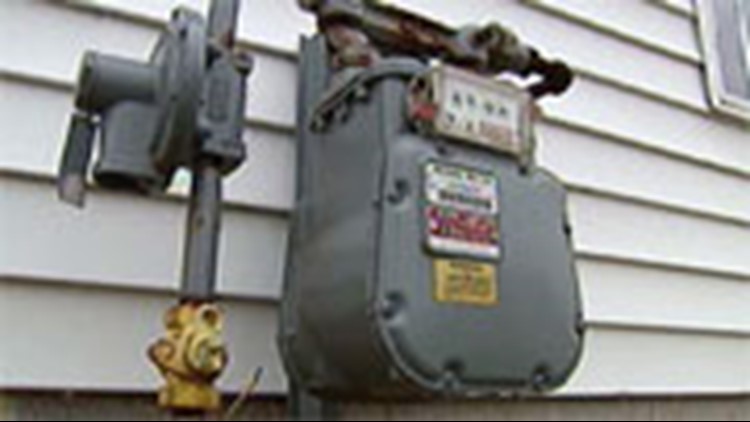Indianapolis - You've probably seen leaflets advertising utility line insurance along with your gas bill. The insurance promises homeowners protection if their gas line fails. They also sell insurance for electric, sewer and water lines.
The fee, from $3.95 to $14.95 a month, covers the cost of potential repairs. The companies' pitch: with the current economy, you can't afford not to buy it.
"This is just added peace of mind for those that want extra insurance and avoid a deductible. That's exactly what this program does," said Chase Kelly, Vectren spokesperson.
Vectren, whose name appears on the ads for ESP and Utility Shield, says it doesn't endorse the product.
So what exactly is utility line insurance, and doesn't the gas company cover repairs?
"That primary gas service line, from the street to the home, is the responsibility of the gas company," said Dan Considine, Citizens Gas.
But gas lines inside are the homeowner's responsibility. If something goes wrong because of an appliance, for example, you pay to fix it. Utility line insurance promises to pick up the tab.
One of the main selling points for the utility line insurance company says homeowners insurance does not cover the cost of repairs. Gas companies we talked to say otherwise.
"For most people it's not a big deal. That's the reason they have homeowners insurance," said Chase.
In fact, Megan Rater never bought utility insurance. But when she had a fire linked to a gas line in her house, "our homeowners insurance covered the gas line. I probably wouldn't get it additionally now that we had it covered by our homeowners insurance and we experienced it."
Utility insurance is legitimate. It is similar to a warranty. But is it a waste of money? That's up to the homeowner.
"Just do your homework," advised Considine.
The key is to read the fine print and check your homeowners policy before paying up.



